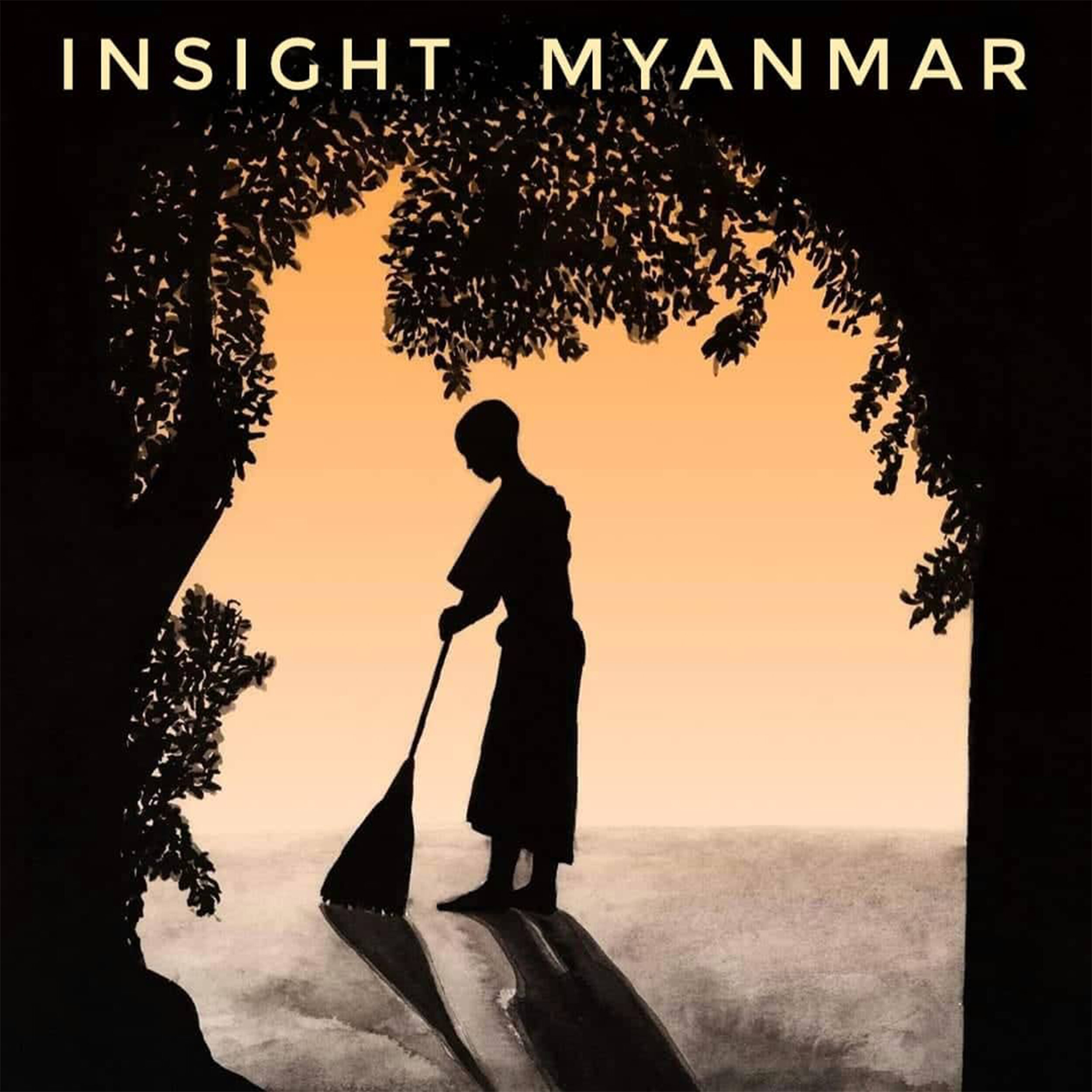Supporting Monastic Education Amidst Myanmar's Turmoil
The chaos that has been gripping Myanmar since the 2021 military coup is not just impacting lay education, from kindergarten to university, but also the monastic education of monks, nuns, and novices. Ironically, a brutal military which justifies its existence in part to “saving Burmese Buddhism” has taken actions which degrade Buddhist study and scholarship throughout the country. Our team leader is working to help monastics be able to take the required exams, and he shares the following update, requesting those compassionate readers to consider a contribution of any amount.
The famous monastic examinations, such as the Sāsana Lankāra, Sāmanera and Pathama-Pyan exams, take place in larger cities like Yangon, Bago, Nay Pyi Taw, Mandalay and Moulmein. Recently, many pariyatti monastic and nunnery schools (which typically offer only Buddhist monastic studies) took the Sāmanera exam, which is organized by the Nāgapura Sāsana Lankāra Association in Hopone, in southern Shan State. In total, 1238 monks, 2056 novices and 425 nuns from different parts of the country will the Pa-auk Taw Ya Dhammā Garuka Sāsana Lankāra exam in the Pa-auk Taw Ya Pariyatti Monastery in Hmawbi (Yangon). Among them, we heard that over 1,000 monastics will stay at the monastery. Most of the monasteries and nunneries whose students will come and take the exam stay at their known monastic sites on their own plan.
During the NLD Administration, students from monastic schools could take their final exam at their affiliated school in their home township. But now, they have to take the exam in a city where there is a designated, affiliated school exam center is. I have witnessed that the abbots and nuns are unhappy and uncomfortable with the restrictions of the junta.
Considering these numbers, it is no easy task for a monastery to organize such a big examination. Moreover, for monasteries and nunneries across the country, it is always a concern about how to send their monks, novices and nuns to an examination monastery, and how to pay for having them fed them there (or another, host monastery/nunnery). Monastics from smaller schools can probably find individual sponsors to support them while taking the exam, however, it’s not easy for monastics from larger schools taking the exam, which usually last for a month. We heard that some monasteries can only feed the exam-taking monastics on exam days; otherwise, the sending monasteries and nunneries have to take responsibility for food, and the novices cook for themselves. According to the information that we received, most of the pariyatti monastic schools and nunneries need help for travel expenses and food. We have collected the information about the needs of monastic and nunnery schools sending many students to the monastic exams in Yangon and Bago.
Under the military regime, the Ministry of Education has made rural monastic schools affiliate with monastic high schools in cities. So students from the many rural monastic schools from lower Burma and ethnic minority provinces states have to travel to Mandalay, Magway, Pathein, etc. Because of this, while previously students from monastic schools could sit for their final exam at their home school, with the increased restrictions on rural monastic schools, this is no longer possible. Travel for rural monastic students is quite challenging in these days of conflict, and thus they are at a big disadvantage. And as has been noted, even for those who can somehow manage to travel to a city monastery for their exam, it is becoming increasingly burdensome for host monastic schools to feed these “guest” students, even if just on exam days.
The upshot of all this is that we are organizing a food donation drive for the exam-taking monastics from rural monastic and nunnery schools. We are planning to donate rice, potatoes, onions and cooking oil, so the students can cook for themselves in their host monastery. In total, we are planning to donate 65 sacks of rice, 65 sacks of onions and 65 sacks of potatoes. So even though transportation costs have spiked, our donations can at the least alleviate the food concerns of these monasteries and nunneries, who will then have more capacity to bear the travel expenses.
